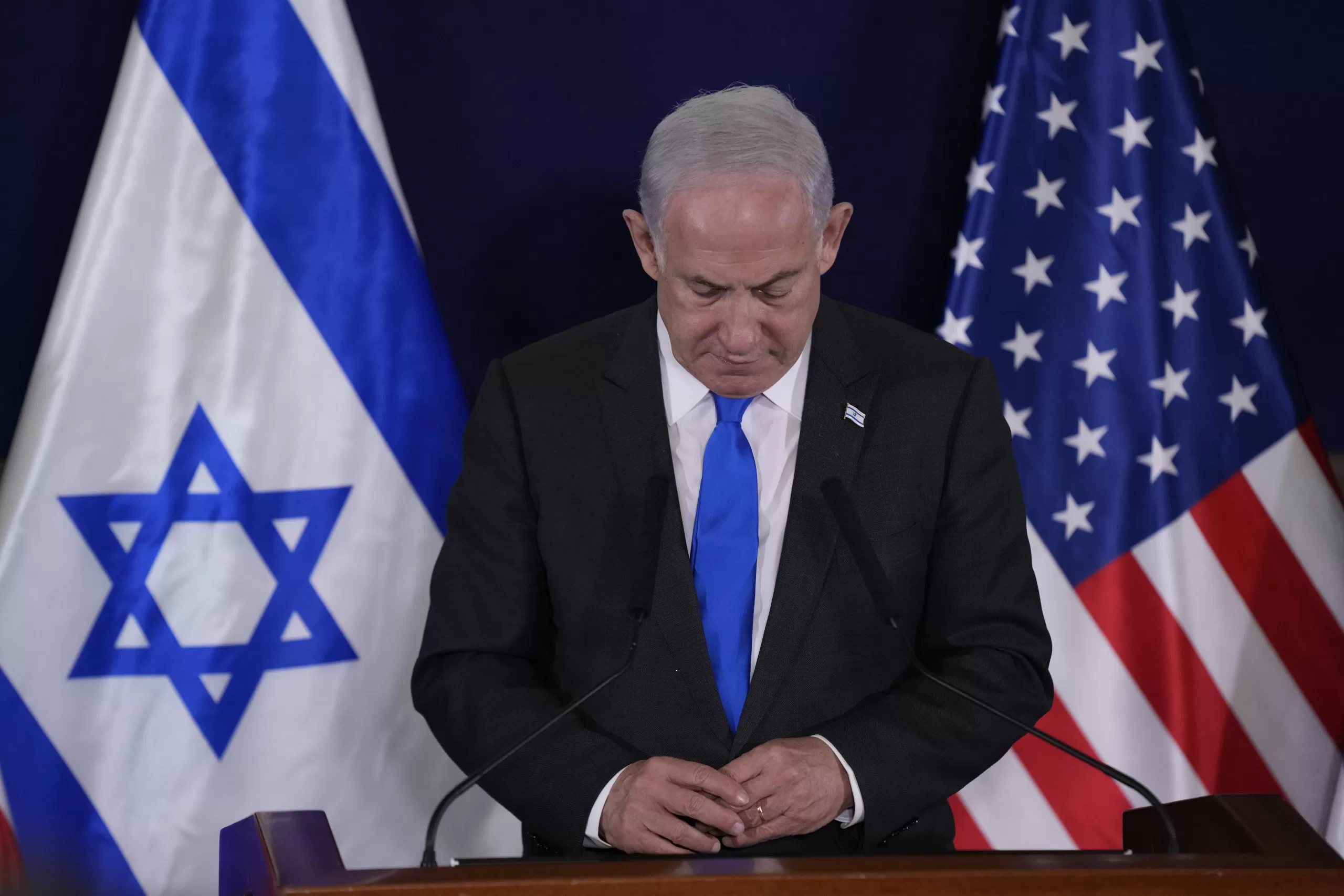
These talks come as air strikes killed about a hundred people in the Gaza Strip on Friday, according to Hamas.
International efforts to broker a truce appeared to regain momentum this week after Brett McGurk, a senior U.S. envoy for the Middle East, met with Israeli leaders.
On Thursday, Israeli Prime Minister Benjamin Netanyahu laid down a postwar plan that would seek open-ended control over security and civilian affairs in the Gaza Strip. The plan was immediately rejected by the Palestinian Authority and Hamas.
Bezalel Smotrich, Israel’s finance minister, also presented on Thursday a plan for building 3,300 new homes in settlements in the West Bank in response to the Oct. 7 attack by the Hamas.
U.S. Secretary of State Antony Blinken reacted on Friday, saying Washington was “disappointed” about this plan, adding that new settlements are “inconsistent with international law,” according to media reports.
“Our administration maintains a firm opposition to settlement expansion, and in our judgment this only weakens, doesn’t strengthen, Israel’s security,” Blinken said. The Trump administration had reversed U.S. policy to declare that settlements did not violate international law.
White House national security spokesperson John Kirby also said on Friday that “whatever post-conflict Gaza looks like, the Palestinian people should have a voice and a vote in what that looks like, through a revitalized Palestinian Authority.”
Kirby added that the United States “don’t believe in any reduction of the size of Gaza” and “will continue to be very vocal about the fact that we don’t want to see any forcible displacement of Palestinians outside Gaza.”
